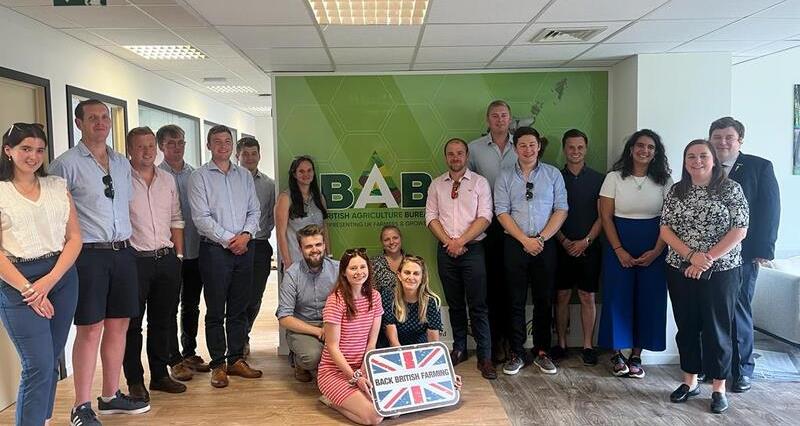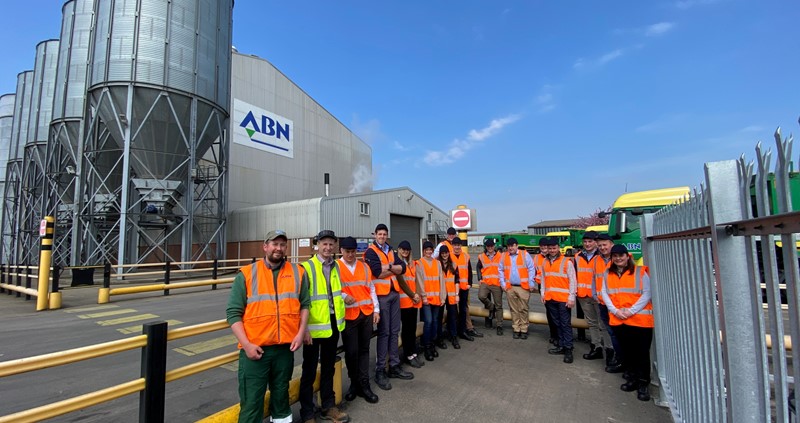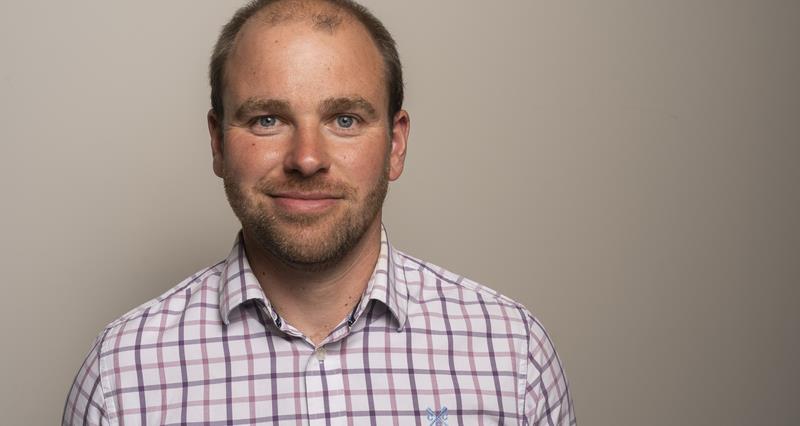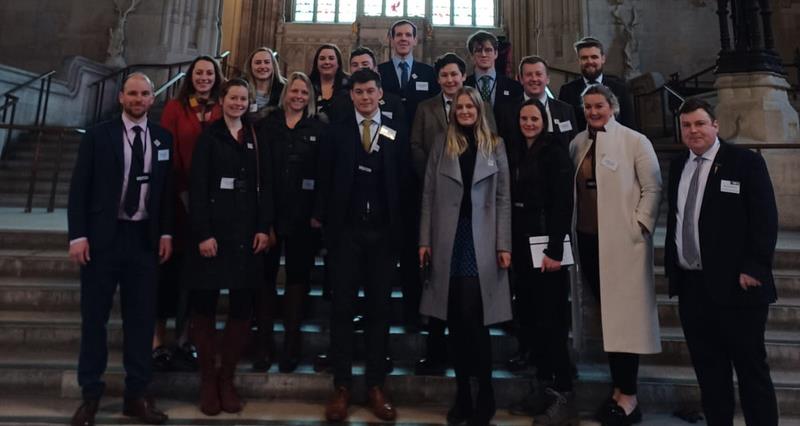At the end of June, the current PIP group convened at London St Pancras to board the Eurostar for Brussels. The agenda for our two-day trip was packed with a range of industry experts, mostly based in Brussels, looking at how to best influence policy across the EU.
Straight off the train we made our way across town to the British Agriculture Bureau (BAB), who represent the UK Farming Unions and still have offices in the EU following Brexit.
Many decisions that are made in Brussels directly impact the UK, and it feels like UK legislation mostly follows that of the EU; therefore the UK farming unions still consider it important to maintain a presence in policy making circles at the heart of Brussels.
Meeting other unions
We heard from Jorgen Nyberg Larsen, Secretary General of European Egg Packers and Traders Association (EEPTA). Jorgen gave us an insight into the challenges being faced across the EU, most of which are familiar to us all in the UK.
We were then joined by Ines Grenho Ajuda, from Eurogroup for Animals. As an organisation, they endorse initiatives such as the Better Chicken Commitment (BCC) through slower growing breeds and a lower stocking density.. This concept was challenged by the group on the basis that decades of genetic improvements have been made, thus improving emissions/kg and also making good quality protein available to consumers at affordable prices.
Later in the day we met with AVEC employees Paul Henri Lava (deputy secretary general) and Nadia Khaldoune (senior policy adviser). AVEC play an important role in representing the European poultry meat sector. In contrast to Eurogroup, AVEC are championing the progress our sector has made across the continent in terms of our carbon footprint and our drive to maximise efficiency whilst upholding world-leading standards of animal welfare.
Their work in debating the best steps forward in policy within the EU is more critical than ever to ensure we maintain a sustainable industry.
After a busy day one and an evening sampling the local beers, we were up and out early for a drive into rural Belgium on a visit to Marchal Farm to see their Nestborn System. Instead of the conventional hatchery delivering day-old chicks, the Nestborn machine lays out the hatching eggs on the litter in the poultry house and within a few hours all eggs are hatched and chicks are straight onto food and water.
As well as meeting the farmer who was running this unit, we also heard from representatives from the breeding company Hubbard, and we were able to ask questions about genetic selection and desirable traits for the future.
After a thoroughly educational and enjoyable trip we headed back to London with a fresh perspective on European affairs and inevitably an insight into the future of UK poultry and wider agriculture.
A visit to KU Leuven
At the end of the trip, we went to visit KU Leuven staff at the Transfarm Poultry Research Centre.
KU Leuven is one of the oldest universities in Europe with over 65,000 students.
It has research and education facilities in almost all fields. We had presentations describing studies currently being carried out, including the in-ovo sexing progress and how/when we can expect that to feature in the future on a commercial level.
Following that, we had a tour around their research facilities where we were shown how much work and investment is being put in across multiple species to protect the future of our industry.
This research goes beyond genetics and and nutrition; it looks into how we can better source energy and reduce emissions through the latest advances in technology.




